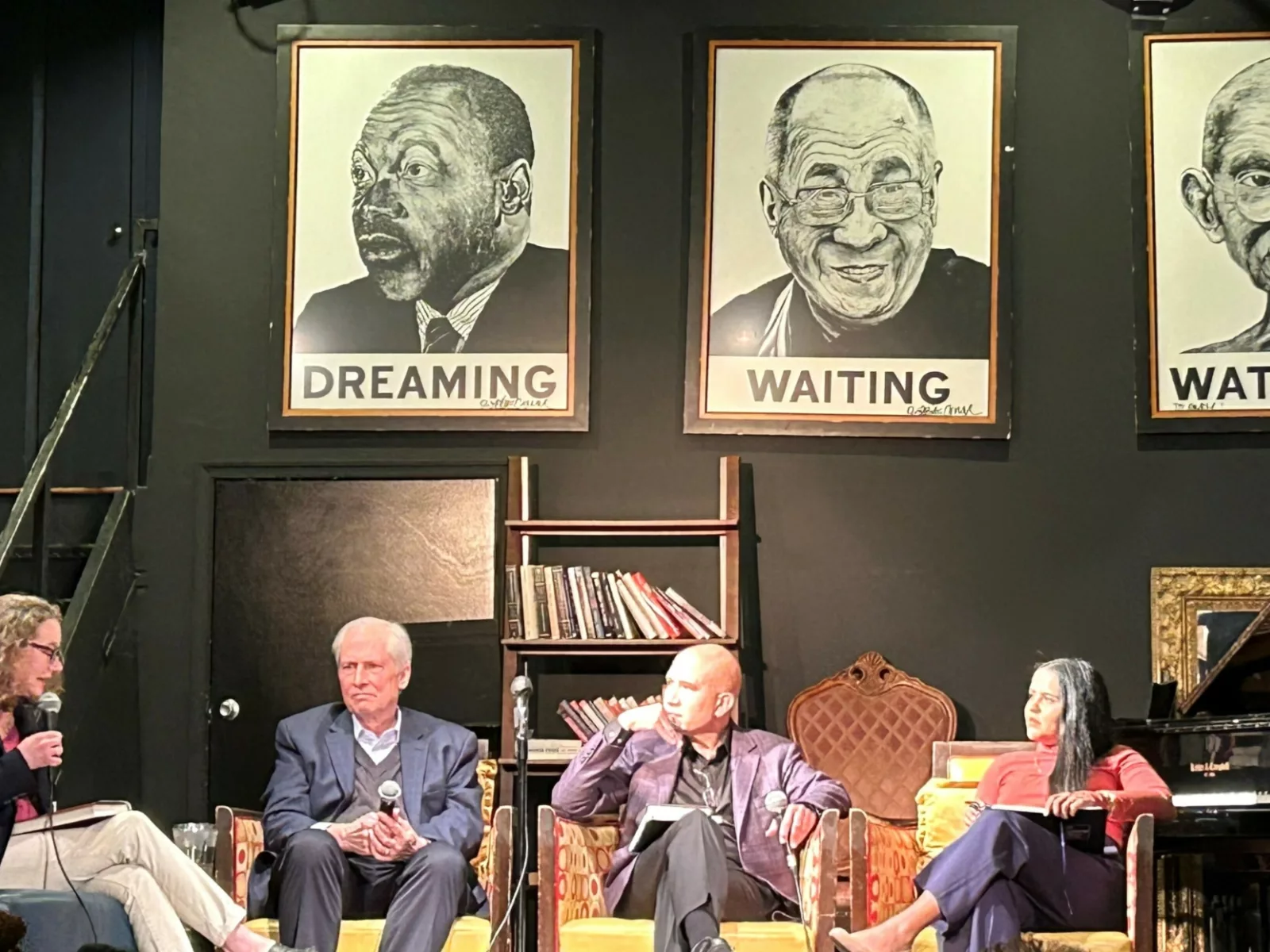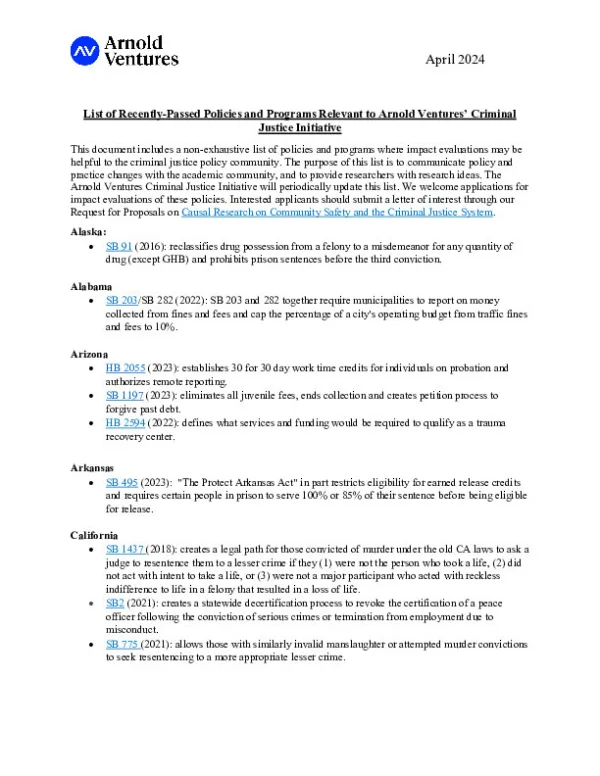Fines and Fees

Policymakers should eliminate fees for criminal, municipal, and traffic offenses and consider a person’s financial situation and the severity of the crime when issuing fines.
Courts charge people who come into contact with the justice system excessively, often without taking their financial circumstances into account. Defendants who can’t afford fines and fees are pushed further into cycles of debt that keep them tied to the justice system. And government budgets rely on fines and fees, creating incentives to maximize revenue — yet sometimes spend more than what’s owed trying to collect.
What impacts do fines and fees have on people who are unable to pay? Are alternatives like community service or day fines effective and fair? These are the questions we’re asking in our research as we push to eliminate unfair practices surrounding the collection of debt and help jurisdictions test alternative approaches. Also key to our investment is supporting strategic litigation efforts to dramatically accelerate policy changes.

Image: Demonstrators protest outside the police department entrance to the Pine Lawn Municipal Court Building in Pine Lawn, Missouri, on March 5, 2015. (Michael B. Thomas/Getty Images)
In the News
Stories
See all








